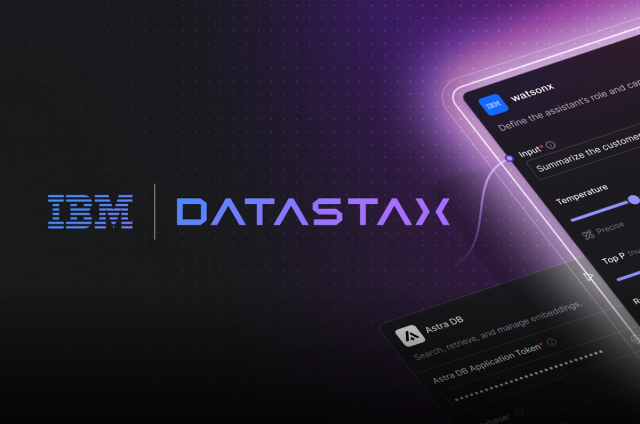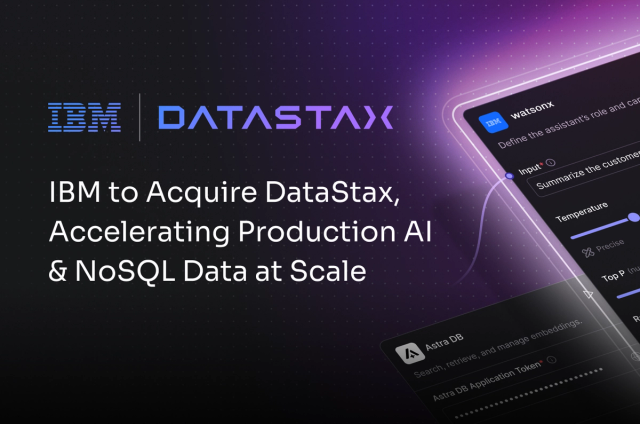Your data, by itself, isn’t scary. You need it to make the best decisions.
There’s just one problem, and it’s a big one: Unscrupulous actors want your data, too.
In the age of data breaches, far too many organizations have found out the hard way how dangerous unsecured databases can be. Target paid $162 million after their systems were breached in 2013. Uber paid out $148 million for the same reason. More recently, Equifax was hit with a $700 million fine by the FTC for its 2017 breach, and the list goes on.
Suffice it to say that when systems are breached, bad things happen.
Not only can breaches make a huge impact on your bottom line, they can also upset your customers and do long-term damage to your brand and image. Breaches have an impact on your team, too. When your employees have to spend a lot of time in crisis management mode, it’s that much harder to cover their own job responsibilities, and it’s stressful, too.
As time goes on, the risk of breaches only increases alongside the growth of an organization’s digital surface.
To sum it up, organizations need to do everything within their power to prevent breaches from happening. And a proven way to do this is by taking a security-first approach to data management.
The layered approach to data security
A well-defined approach to data management has multiple different layers.
1. Administrative security
Your employees can inadvertently play a role in security issues. If they aren’t sure how to do something and nobody makes them aware of the best practices, bad things can happen accidentally.
Administrative security is the first layer of a solid data management strategy. Implementing good security policies, procedures, and best practices can go a long way toward reducing your attack surface.
2. Technical security
Is your organization using highly secure tools and technologies? How many provisions have you put into place to secure your data?
Technical security is the second layer of a good data management strategy. Investing in highly secure hardware, storage, and network protection can help minimize your risks.
3. Physical security
Do you know every individual who has access to your data center? Do you ensure your employees are bringing their computers home with them every night?
The third layer of a solid data management strategy is physical security—things like access control, video surveillance, and smart policies that encourage employees to not leave any laptops or devices unattended for long periods of time.
4. Database security
The most dangerous thing about your data is, in fact, your data. Choosing the right database and implementing the right security practices and policies is critical, and you’ll significantly decrease the chances your systems will get breached—make the right choices and keep your organization’s name in the headlines for the right reasons.
The final layer of data management is database security. Your database stores your proverbial “crown jewels” and, as such, simply cannot be treated as an afterthought. By choosing a highly secure database from the outset, you can significantly reduce the chances your systems get breached.
Data security starts with strategy
In today’s digital world—one with a customer-first focus—you need to bring trust to applications and get them to market as quickly as you can.
Should you fall victim to a breach, meeting those goals becomes much more difficult as you need to add security provisions and expertise after the fact, and therefore slow down your time-to-market. In the worst-case scenario, your business might grind to a halt.
Taking a layered approach to securing your data can help you reduce risks. If you think like an attacker, expect that your systems could be breached at any time, and know that a proactive approach can reduce the likelihood a breach will occur, you put your organization in a much stronger position while keeping your data protected.
With so much on the line, why wouldn’t you?













